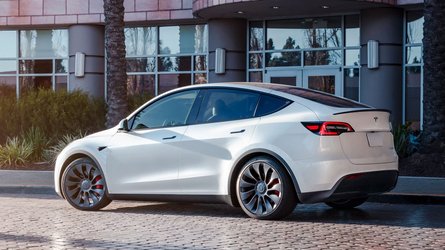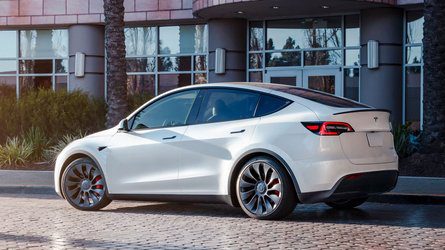Tesla and Elon Musk have long touted the safety of their electric vehicles compared to other brands and cars. We know that Tesla’s models tend to fare well in crash tests, particularly the Model 3 and Model Y. The company also regularly publishes safety reports, and now it has shared its FSD Beta crash stats, which are quite impressive. However, more information is needed from a third party to verify these figures.
Tesla has also shared its Autopilot safety numbers over the years, and they have improved significantly. However, many people have pointed out that the figures are skewed if you’re trying to compare them to the average vehicle. This is because Autopilot miles are accumulated on the freeway, where fewer accidents occur. There are no intersections, and there are no traffic and obstacles in the same sense that there are on city roads.
Tesla’s Full-Self Driving (FSD) Beta software allows the car to assist the driver in city driving with the ability to stop and go. It “sees” and observes stop signs and traffic lights, among a long list of other obstacles. With that said, Tesla’s stats regarding FSD Beta should give us more insight into how much help the technology is providing, and moreover, whether or not it’s reducing the likelihood and/or the severity of traffic accidents.
According to Tesla, cars with FSD Beta engaged experienced a crash that resulted in airbag deployment every 3.2 million miles. Meanwhile, Tesla says the US average based on the most recent police-reported stats is an airbag-deployed accident every 600,000 miles. This suggests that FSD Beta is about five times safer than a human driver without the technology.
The Insurance Institute for Highway Safety encourages advanced driver-assist systems and grants higher scores to vehicles that have certain safety technologies as standard, provided they work as advertised. Tesla’s Model 3 and Model Y are both IIHS Top Safety Pick+ award winners, which is the organization’s highest honor. They each received the top rating of “Superior” for their crash avoidance and mitigation systems, and the test cars were only running Autopilot since FSD Beta costs extra.
While it may never be possible to compare the two with 100% accuracy, it’s clear that a technology designed to assist a driver is potentially reducing accidents and/or their severity. However, human misuse of the technology can still lead to catastrophic results. It is important to remember that while advanced driver-assist systems can be beneficial, they must be used responsibly in order to maximize their safety benefits.
FAQ
Q1: Are electric car batteries recyclable?
A1: Yes, electric car batteries are recyclable.
Q2: Are electric car chargers free?
A2: It depends on the charger and the location. Some electric car chargers are free, while others may require a fee.
Q3: Can electric car batteries be rebuilt?
A3: Yes, electric car batteries can be rebuilt with the right tools and knowledge.









